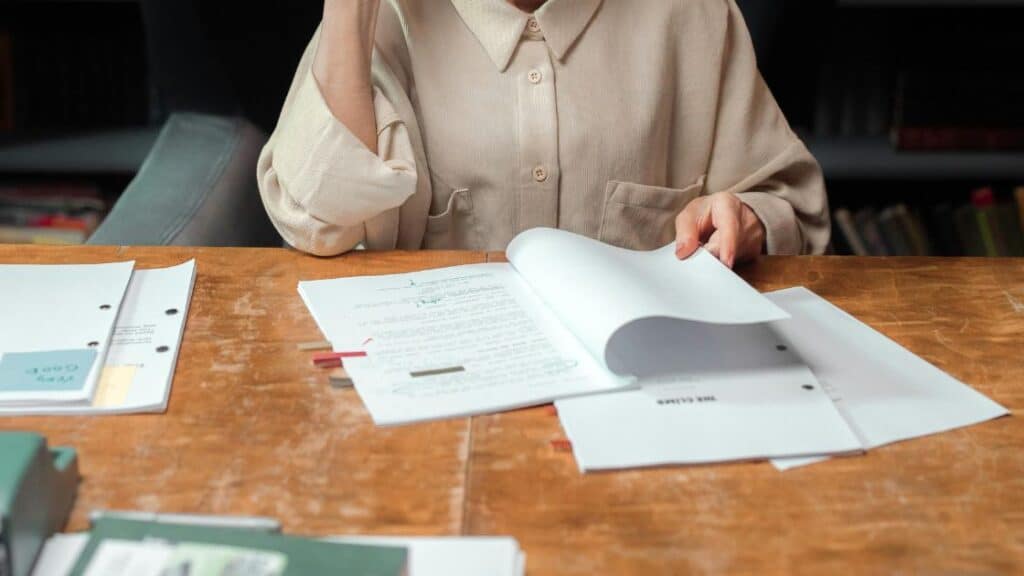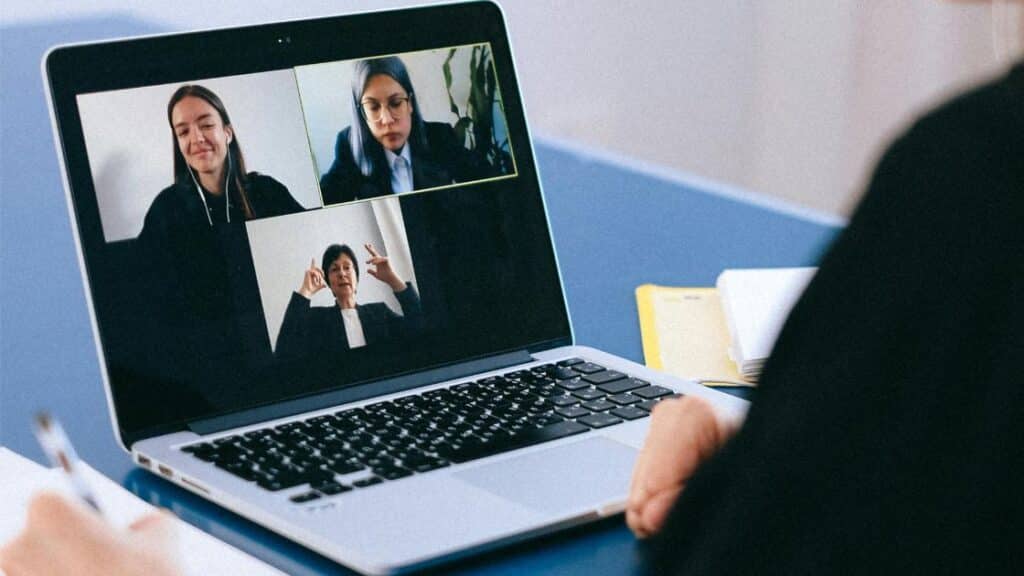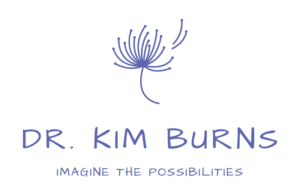Childhood Dreams of Teaching
When I was a little girl, I would line up my stuffed animals classroom-style and pretend I was their teacher. I idolized my third-grade teacher, Mrs. Brophy, who wore loud clogs, taught us American Sign Language, and let us do impromptu dance performances at the front of the classroom. She also walked us to teacher-principal Miss Brady’s first-grade classroom when we asked if we could integrate the boy’s side and the girl’s side of the recess yard (she allowed it).

High School Discoveries and Activism
In high school history, I discovered the 1960s and the social change of that era (my research paper was all direct quotes – no paraphrasing whatsoever – what an embarrassment!) and I started to resist systems that put women in the corner. In college, I majored in psychology and minored in women’s studies. I was not attracted to the clinical side of psychology at all, even though I liked helping people. I was a peer advisor. I protested the Gulf War. I interned in the Women’s Center. I got a rush from participating in social justice movements (we were marching for women’s reproductive rights in the 1990s, too) which led me to the Community/Social Psychology Master’s program at UMass Lowell, where I was taught practical community development skills.
Practical Skills and Career
Every day, I still use the skills and knowledge I learned—grant writing, program evaluation, survey development, report writing, qualitative research, facilitation, working with groups, and analyzing environments from a systems perspective that integrates social, cultural, economic, and political influences to promote positive change. After working at UMass Lowell for a year, I embarked on my 26-year career in community college administration. The community college was the perfect environment for a feminist, social justice-oriented community psychologist like me to spread her wings.
Pursuing a Doctoral Degree
I always knew I would earn a doctoral degree. My mother had been telling me I was capable of doctoral work for a long time (thanks, Mom!). Ten years into my career and with two toddlers, I enrolled in the UMass Boston Higher Education Administration program, where I refined my knowledge of power and privilege and how it shows up in our systems of higher education. While there, I analyzed college administration and management and thought really hard about what kind of a leader I wanted to be to create equitable, psychologically safe work environments where people could thrive. I was applying my community psychology perspective to higher education leadership.

Discovering and Exploring Coaching
I had heard of coaching in the early 2000s when I was managing community education and training programs. An instructor I hired to teach was also a coach. Then, in 2016, I met a colleague who raved about her experiences with coaching.
I was intrigued. What exactly is coaching? How does coaching help a leader if it doesn’t consider the perspectives of the people they work with? Would I be a good coach?
A Natural Talent for Coaching
I enjoy telling people what to do. I’m kind of good at it. There have been several people in my life who appreciate my advice (my children are not included). I’m a good listener. I actively listen to learn and (most of the time) not just formulate my response. When I started working in faculty and staff development, I found myself guiding, advising, and mentoring colleagues. Sometimes I felt good about my support of others, sometimes I felt like I fell short. How could I support people better? As I told my supervisor, I was coaching people all the time and wanted to be sure I was trained to do it properly.
Coaching Training Experience
In November 2019, I took my first fundamentals course with the Co-Active Training Institute. After the first day, I was ELATED. I loved it. The facilitators were amazing. The exercises, for the most part, came naturally to me. On the first night, I had to phone a friend for a 20-minute practice session. Of course, I overprepared, but I really didn’t have to sweat it because the tools the trainers provided worked.
Memorable Post-Training Encounter
After the call, I donned my ankle-length purple Lands End down coat to brave the wind in the Boston Seaport district to find dinner. As I entered the hotel elevator, three men entered with me. One of them (the most inebriated) was awed by my presence. He complimented me like I was the last woman on earth. I am NOT used to being hit on. It was as if I had put a spell on him. He apparently thought I was just gorgeous in what essentially was a purple sleeping bag (I still have that coat; it’s the warmest coat I have ever owned). His friends were horrified and quietly tried to stop him. After I got off the elevator, I figured I was so happy learning how to coach that I must have been giving off terrific pheromones.
The Pandemic and Continued Training
When the pandemic hit the following March, I wanted to continue with the next Co-Active training module, but they were slow to move online. I figured I could use my now abundant free time in coach training. I was thrilled to find a program tailored to higher education professionals. By June 2020, I was enrolled in Katie Linder’s Higher Ed Coach Training and meeting women from around the world who wanted to coach. I loved it. It was the best use of my pandemic time. I used my coaching skills daily at work as my team, and I supported hundreds of faculty and staff who were learning how to teach and support students remotely.

Coaching Certification Achieved
Fast-forward to today. I am an Associate Certified Coach with the International Coaching Federation. I’m coaching women in higher education in being their full selves at work, slaying self-doubt, and being the powerful badasses I know they can be. Coaching brings together my desire to make the world a better place by helping people and organizations be their best.
Connect With Me
I would love to hear from you. You can reach me at [email protected], on LinkedIn and Instagram.

